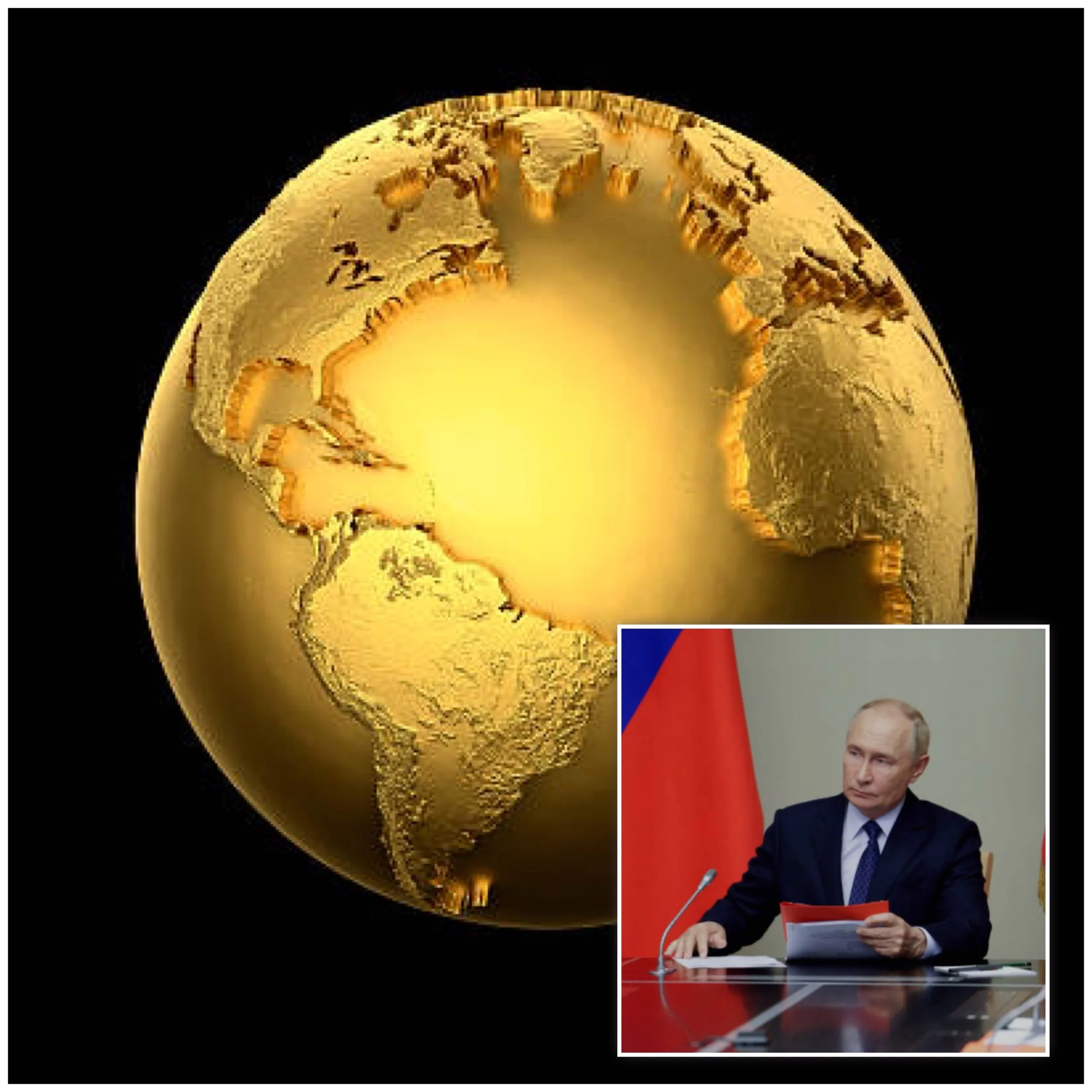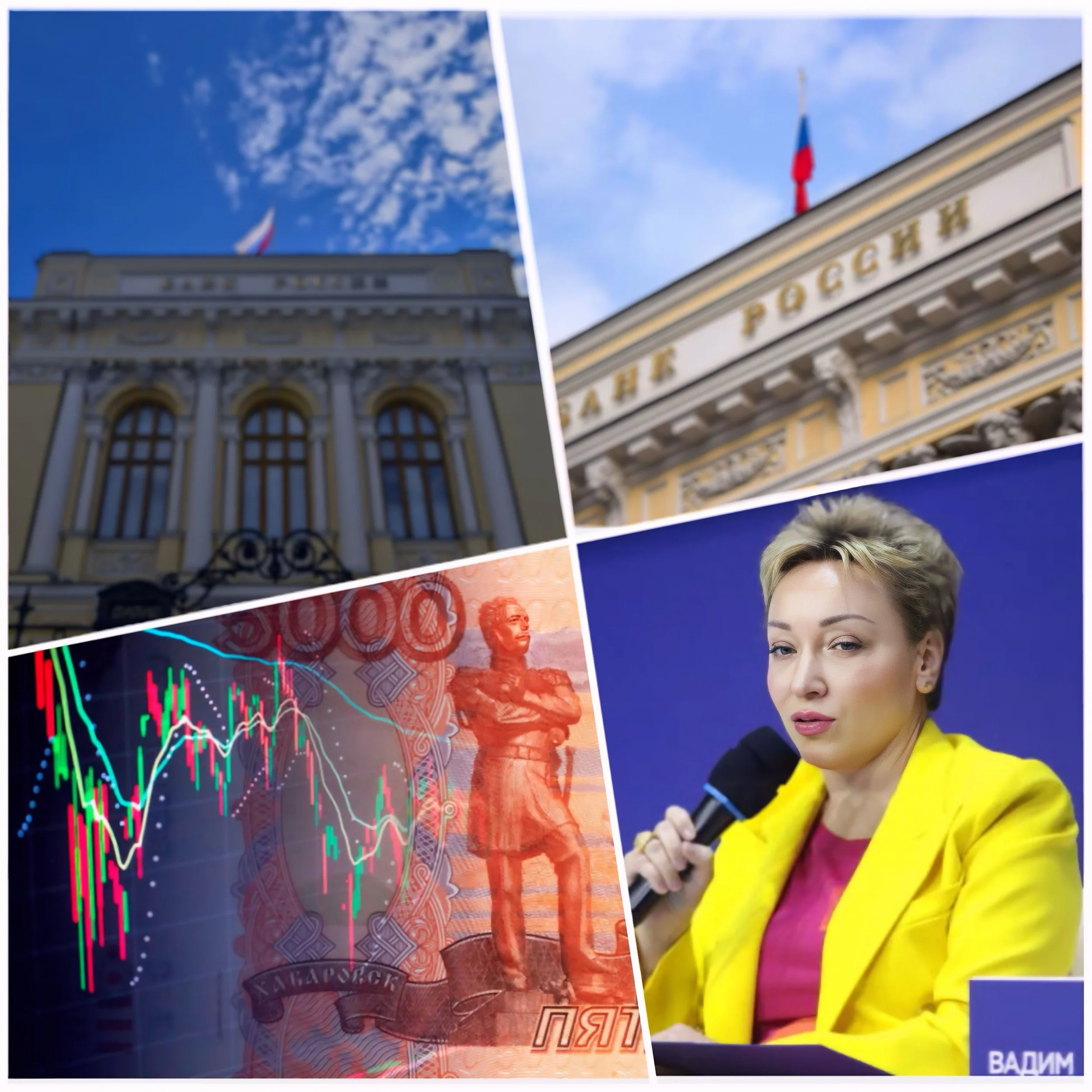How will the end of the war affect Russia's ability to access global markets
The end of the war in Ukraine is unlikely to fully restore Russia’s access to global markets, as the conflict has led to long-lasting changes in economic relationships and perceptions. Several key factors will influence Russia’s post-war market access:
Persistent Sanctions Impact
Even after the war ends, Western sanctions may continue to affect Russia’s ability to export energy and access technologies and financing. The full effect of these sanctions could become more apparent without the offsetting factor of war-driven economic activity.
Reduced European Energy Demand
Europe has drastically reduced its reliance on Russian energy since the invasion, with Russian gas imports falling from 155 Bcm in 2021 to just 43 Bcm in 2023. The EU aims to end its dependence on Russian fossil fuels by 2027, indicating a long-term shift away from Russian energy.
Limited Recovery of Market Share
Experts suggest that Russia’s share of the European gas market, which previously exceeded 30%, is unlikely to return to pre-war levels regardless of the war’s outcome. The era of significant Russian gas market share in Europe is considered over.
Shift in Export Markets
Russia will continue to shift its exports from Europe to markets in China and India, but likely at lower prices. This transition may not fully compensate for lost European market access.
Technological Challenges
The denial of Western technology impacts high-tech manufacturing and could affect Russia’s ability to exploit existing oil and gas fields and develop new ones.
Financial Market Restrictions
Russia will likely continue to face limited access to Western financial markets and institutions, including the worldwide payment messaging system SWIFT.
Corporate Hesitancy
Western companies will remain reluctant to return to Russia or invest in it in the future, perceiving the risks as too high.
In conclusion, while the end of the war may provide some relief from international pressures, Russia will face significant challenges in regaining its pre-war level of access to global markets, particularly in Europe. The country will need to adapt to a new economic landscape characterized by reduced energy exports to traditional partners, technological limitations, and ongoing financial restrictions.





